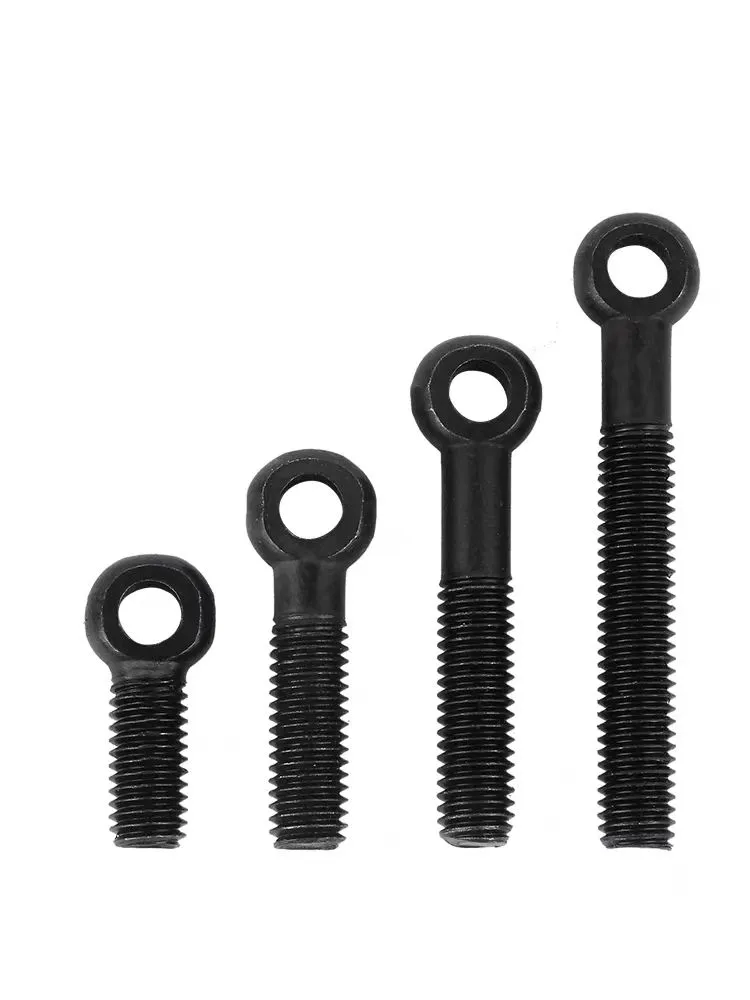

small head self tapping screws
Nov . 04, 2024 08:27 Back to list
small head self tapping screws
Understanding Small Head Self-Tapping Screws
Small head self-tapping screws are essential fasteners in various applications, particularly in electronics, automotive, and construction industries. These screws are designed to tap their own hole as they are driven into materials, eliminating the need for pre-drilling, which makes them incredibly useful in time-sensitive projects.
The term self-tapping indicates that these screws have a sharp, pointed tip that can cut threads into the material they are driven into. This can be especially beneficial when working with softer materials, such as plastics or lightly structured metals, where traditional screws might not hold effectively. Their design allows for a secure grip, helping to prevent loosening due to vibration or movement.
One of the main advantages of small head self-tapping screws is their ability to fit into tight spaces. Their reduced head size means they can be used in applications where a larger screw head might not fit, such as in compact electronic devices or intricate machinery. This is crucial for industries that require precise assembly and minimal bulk, ensuring the final product is not only functional but also aesthetically pleasing.
Furthermore, self-tapping screws are available in various materials, including stainless steel, coated steel, and even plastic, catering to diverse environmental conditions. Stainless steel screws, for instance, are highly resistant to corrosion, making them suitable for outdoor applications or in humid environments. On the other hand, plastic screws can be advantageous in situations where electrical conductivity needs to be minimized.
small head self tapping screws

The installation process of small head self-tapping screws is straightforward
. With the use of a power drill or screwdriver, these screws can be swiftly installed, allowing for rapid assembly in manufacturing settings. This ease of use contributes significantly to their popularity in both DIY projects and large-scale industrial applications.It’s also worth noting that these screws come in a range of thread types, such as coarse or fine threads, each designed for specific materials and applications. Coarse threads provide better grip in softer materials, while fine threads are typically used in harder materials, ensuring a tight fit and enhanced pull-out resistance.
In addition to their functional aspects, small head self-tapping screws also contribute to the overall efficiency of a project. By reducing the number of required tools and the time spent on installation, they can lead to cost savings and increased productivity.
In conclusion, small head self-tapping screws play a pivotal role in various industries by providing reliable and efficient fastening solutions. Their unique characteristics, such as a small head size, self-tapping capability, and versatility in material choice, make them indispensable in many applications. As technology continues to evolve, these screws will likely become even more sophisticated, further enhancing their usefulness and effectiveness in modern assembly processes.
Latest news
-
Hot Dip Galvanized Bolts-About LongZe|High Strength, Corrosion Resistance
NewsJul.30,2025
-
High-Strength Hot Dip Galvanized Bolts - Hebei Longze | Corrosion Resistance, Customization
NewsJul.30,2025
-
Hot Dip Galvanized Bolts-Hebei Longze|Corrosion Resistance&High Strength
NewsJul.30,2025
-
High-Strength Hot-Dip Galvanized Bolts-Hebei Longze|Corrosion Resistance&High Strength
NewsJul.30,2025
-
Hot Dip Galvanized Bolts-Hebei Longze|Corrosion Resistance&High Strength
NewsJul.30,2025
-
Hot Dip Galvanized Bolts - Hebei Longze | Corrosion Resistance, High Strength
NewsJul.30,2025

